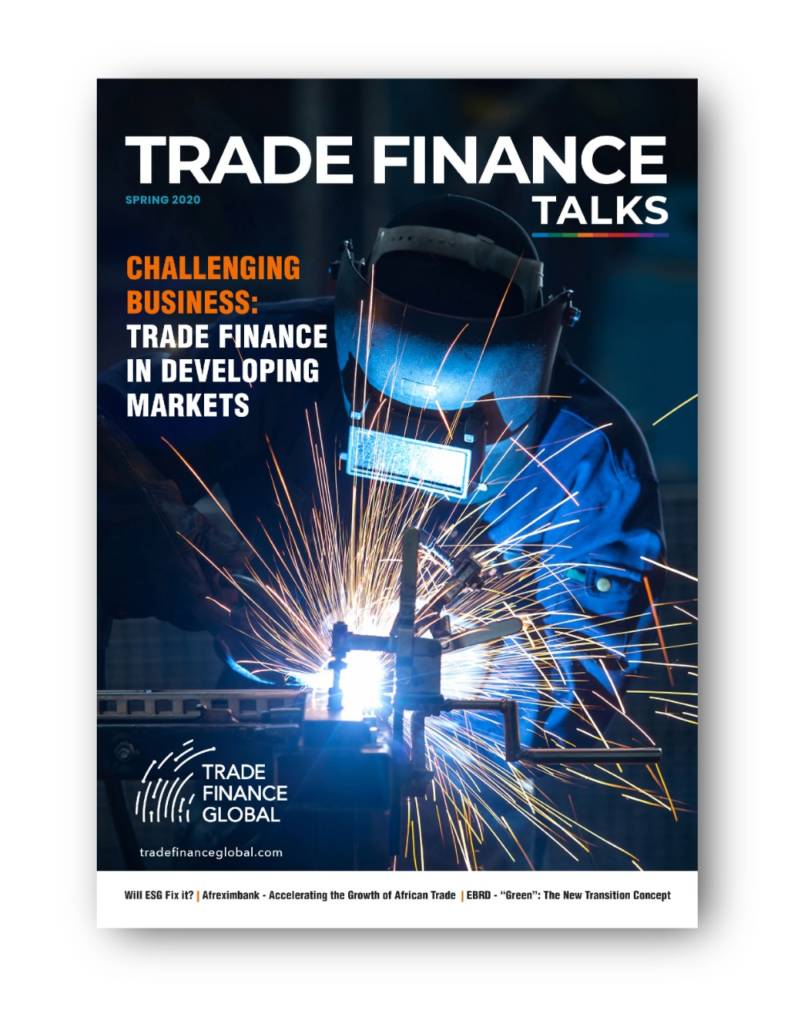Inspection and collateral management companies “look after” the commodities on behalf of traders and financing banks. TFG heard from Drum Risk on some of the challenges inspection companies face in emerging markets.

Inspection and collateral management companies “look after” the commodities on behalf of traders and financing banks. Unlike most of the businesses, they do not choose to enter a particular region but go wherever these commodities are located.
From this point, risks occur in many different forms and depend on specific commodities and countries. This article describes some of the most common challenges that inspection companies face in emerging markets.
Fraud and corruption are perceived by all companies to be among the greatest threats to their business when entering emerging markets. Inspection companies are no exception, and the risk of physical misappropriation of commodities is indeed higher in certain regions. This risk extends beyond the fraudulent actions of local parties, such as storage facility, borrower and suppliers, to the inspection company’s own employees’ activities. Before entering an emerging market, the inspection company should develop adequate risk identification, assessment, and managing procedures, specific to each type of facility – from warehouses to production plants. These to include audits by managers, regular checks of warehouses for unauthorized infrastructure (hidden pipes, inbuilt tanks, unauthorized vacuum, and pumping equipment), as well as necessary document verification. Regular rotations of personnel help to minimize the risk of local connections and bribery.

Mitigating described operational risks requires from the inspection company much more than a general grasp of local legislation and standards. Most of the developing countries have overly complicated regulations and longer lists of licensed activities as compared to European and North American countries. It is, therefore, imperative for the inspection company to verify that both the facility and the borrower have legal right to operate and handle commodities.
In many respects, exposure to risks by the inspection company lies heavily on the financiers when selecting their local partners and conducting pre-deal due diligence. An increasingly important factor that international banks should be addressing is that their KYC standards might not be applicable to developing markets and specific legal environments. It is often the case that such risks as opaqueness to the ownership structure, offshore connections, as well as close ties to local authorities and, although less frequently than before, political risks are omitted.
Furthermore, some financiers, being attracted to high margins, ignore certain red flags. They accept higher risks themselves, in turn, transferring them to an inspection company. On the other hand, they might be too reluctant to understand the regional specifics and withdraw from the market, which results in short-term planning, a sudden stop of financing, and increased associated costs for the inspection company.
For the most part, storage facilities in developing countries can rarely afford the luxury of modern machinery and high-tech production lines. Ramshackle buildings, outdated equipment, and missing fire safety procedures pose a real threat to the integrity and quality of the financed commodities. For this reason, inspection companies perform a more thorough technical survey to confirm that a potential storage or production facility is suitable.
Potential pitfalls, including unplanned overheads, await when complying with local requirements. Managers of warehouses and terminals like to set their own rules and often ask for various medical certificates, professional licenses, or a particular type of personal protective equipment, all of which may be difficult and costly to obtain.

There is one more factor to consider. Establishing physical control over financed commodities can be challenging to target without prior knowledge of local culture, etiquette and language. With this in mind, most of the inspection companies prefer to employ local surveyors. Financiers and borrowers might also opt for local inspection companies with reduced service fees. In both cases, the risk of local connections increases. The inspection company should ideally use “mixed” teams, where some of the inspectors are local, and the others come from a foreign country.
Operating in emerging markets can be tricky. Yet there are more than a few opportunities to benefit from in the process.
Developing countries are highly ambitious and keen to attract international financing. They have been recently actively investing in building new plants, ports, power systems, and purchasing high-tech machinery. Most importantly, local companies become more cooperative and innovative when it comes to implementing control over the financed commodities. Inspection companies will always have valuable takeaways, such as new stock measurement techniques and means to segregate and secure the goods, to build up a successful strategy.
Bureaucracy may be something that people naturally associate with emerging markets, but local companies tend to be more proactive and make decisions quickly. Sometimes it would depend on one person only – General Manager or CEO.
Finally, setting up operations in the developing markets is usually cheaper and allows to reduce operational costs. Cost optimization is the key to success, especially when facing competition from the local inspection companies.
Now launched! Spring Edition 2020
Trade Finance Global’s latest edition of Trade Finance Talks is now out, taking a deep dive into trade finance in emerging and developing markets.
 Australia
Australia Hong Kong
Hong Kong Japan
Japan Singapore
Singapore United Arab Emirates
United Arab Emirates United States
United States France
France Germany
Germany Ireland
Ireland Netherlands
Netherlands United Kingdom
United Kingdom











Comments are closed.